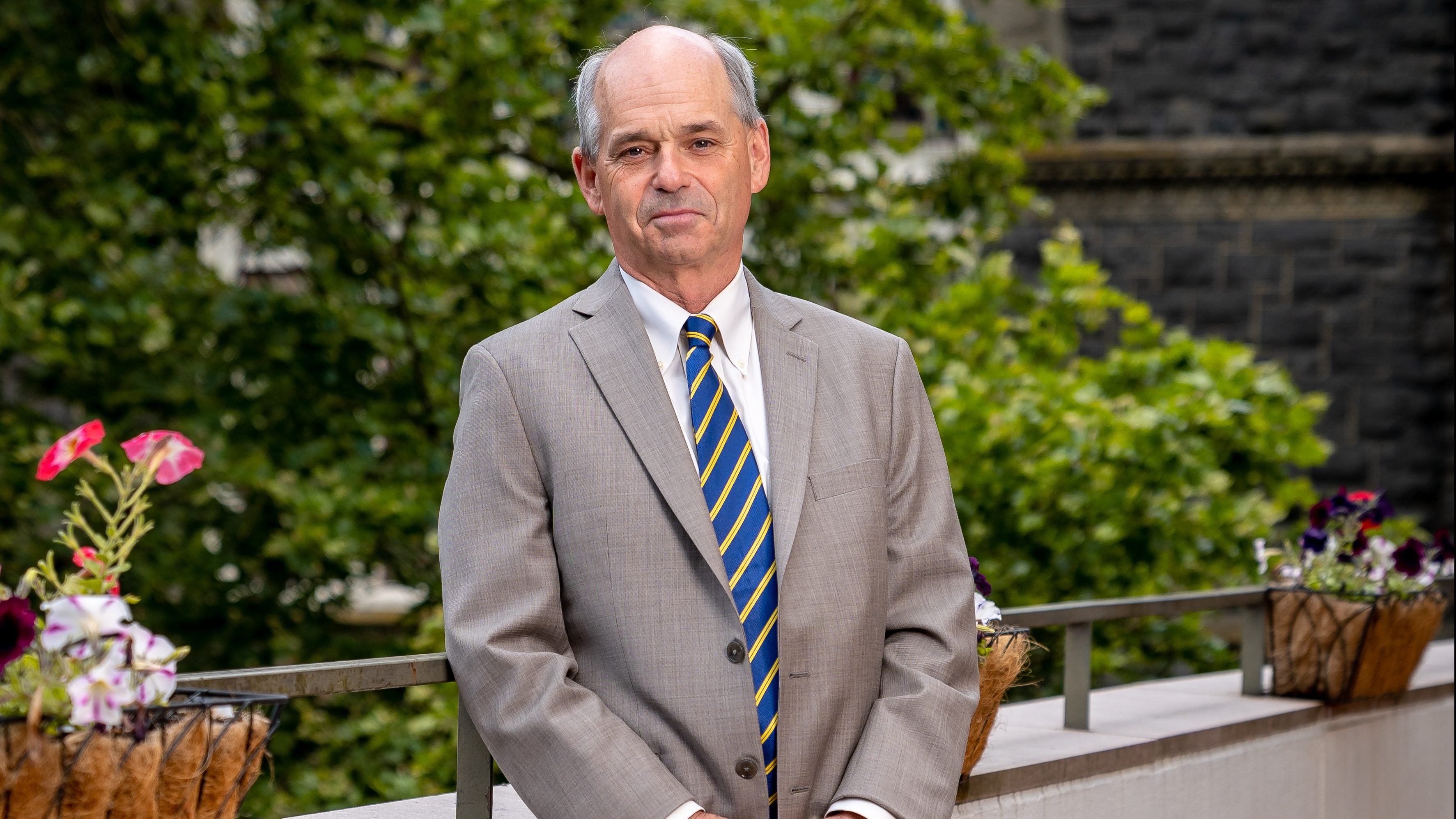WW presents "Distant Voices," a daily video interview for the era of social distancing. Our reporters are asking Portlanders what they're doing during quarantine.
As head of the Oregon Historical Society, part of Kerry Tymchuk's job is to reckon with the state's past. It's not pretty, but it's what he signed up for.
"We're not the tourism bureau. We're not the chamber of commerce always promoting the good," says Tymchuk, who's served as the nonprofit's executive director for nine years. "We are the Historical Society. And especially at this time, when facts seem to be under attack, it's our job to tell the true history."
That history includes being the only state admitted to the union with language in its constitution banning Black people from living here—a statute that remained part of the written record until 1926. It's something OHS addressed even before the national uprising against the police killings of Black people: In December, the organization's quarterly magazine published an examination of Oregon's white supremacist roots, which it's now reprinted multiple times.
Of course, right now, the entire country is in the midst of reckoning with its past—and in the process of dismantling the myths surrounding it. In Tymchuk's mind, that's a positive occurrence.
"As long as people are talking about history," he says, "we think that's a good thing."
In a conversation with WW Editor Mark Zusman, Tymchuk weighs in on the renaming of schools, the removal of monuments, and the Oregon historical figure who has an entire county named after him, and probably shouldn't.
See more Distant Voices interviews here.
